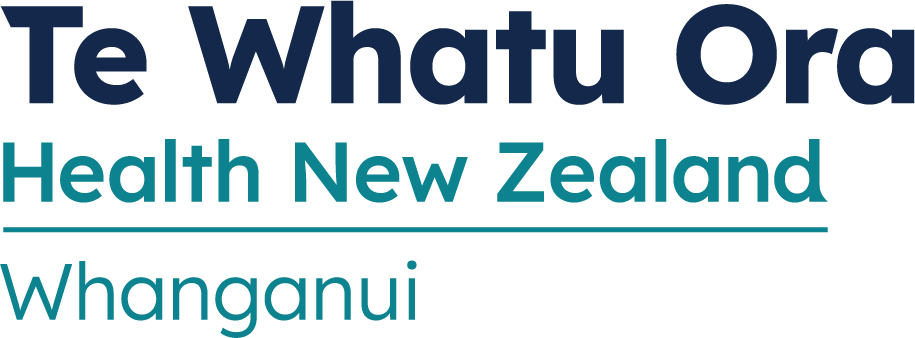
HOTLINKS
Wahakura/Pepi-Pods
The wahakura (pepi-pod) - the safe bed-sharing project
Sudden Unexpected Death in Infancy (SUDI) can be a frightening topic for new parents to think about. Sadly, each year in New Zealand 60 to 70 babies die suddenly when they sleep. Most of these can be prevented.
One way to lower SUDI risk is through the use of a wahakura. A wahakura is a woven flax bassinet for infants up to 5-6 months of age. A pepi-pod is a plastic version of the wahakura made from polypropylene.
This return to a traditional Māori way of sleeping babies creates a safe sleeping space for your baby, protects your baby from SUDI and prevents accidental suffocation. It also promotes breast-feeding and bonding with your baby.
Wahakura and pepi-pods help to prevent vulnerable babies from accidental suffocation when sleeping in or on an adult beds, couches or makeshift beds.
Safe sleeping rules for the wahakura/pepi-pod:
- Always sleep your baby on their back - this gives protection from SUDI.
- Sleep on a firm mattress - babies can turn face down in a soft mattress and suffocate.
- Don’t use a pillow - pillows may cause your baby’s head to come forward and block the airway, they can also turn over into the soft pillow and suffocate.
- Keep your baby’s face clear of blankets - place your baby to sleep with their feet near the bottom end of the wahakura to make it harder for your baby to move downwards in their sleep and end up under the blankets.
- There should be no gaps between the mattress and wahakura – your baby might roll into and become stuck in the gap. A very thin mattress (20-25mm) is best, with a cotton cover.
- There should be no loose articles in the wahakura - blankets, pillows or soft toys can cause suffocation.
- Never let your baby sleep with any adult who is exhausted, drunk or drugged - babies can be laid on and suffocated by these adults.
- Never put your baby to sleep alone on an adult bed - the pillows and heavy blankets pose a suffocation risk without you there to watch and protect baby.
- Never sleep with your baby on a sofa, or in a waterbed – the sleeping surface needs to be firm and flat otherwise babies suffocate in these places.
- Never put your baby between you and the wall - babies can get squashed in and suffocate.
- Babies should never sleep in a car seat - the head will drop forward and block the airway.
- No loose strings nearby - strings or ties on clothing, cords for window blinds, mobiles that baby can reach are dangerous.
- Never let other children sleep with your infant - children can also overlay and suffocate infants.
The wahakura/pepi-pod is designed for babies up to around 6 months. This is when the high risk of SUDI ends. ‘Community owned’ wahakura/pepi-pods will be retrieved by your health worker and given to another family for six months. Your own wahakura might serve all your children – or do the rounds inside the whanau. At six months old, your baby should move to another sleeping environment like a bassinet or cot.
What is a wahakura/pepi-pod?
A wahakura is a woven bassinet like structure intended as a safe sleeping
space for an infant from birth to 6 months of age. A pepi-pod is a plastic version of the wahakura made from polypropylene.
Why have a wahakura?
To decrease risk of Sudden Unexpected Death in Infancy (SUDI). Risk of SUDI is doubled if the mother smokes in pregnancy but goes up by eight times if the mother who smoked in pregnancy bed-shares with her baby. A wahakura/pepi-pod removes much of the risk of a shared bed by providing a safe place to sleep.
Where do I get a wahakura?
A wahakura is easy to make if you have a weaver in the family. Instructions on how to make your own wahakura can be found here (add link to PDF saved in content folder). In addition many infant health care (Tamariki Ora) providers will have wahakura/pepi-pods that you can borrow/hire for 6 months.
What is SUDI?
Sudden Unexpected Death in Infancy (SUDI) is an umbrella term that describes the death of an infant which was not anticipated as a significant possibility 24 hours before the death, or where there was a similarly unexpected collapse leading to or precipitating the events which led to the death. When a baby between 1 month and 1 year dies in its sleep and no cause is found for the death, then it is labelled a SUDI – Sudden Unexpected Death in Infancy.
What is the cause of SUDI?
Babies, like all other animals, have a natural drive to breathe. In a SUDI death, the baby stops breathing in its sleep for some unknown reason. There are a number of things that increase SUDI risk:
- Re-breathing its own air
- Smoking in pregnancy
- Overheating
- Blockage of the airways.
How does a wahakura/pepi-pod protect a baby from SUDI?
The wahakura/pepi-pod provides a safe sleeping environment. It will not allow blankets to cover a baby’s face, it keeps the parents a little distance away, there are no foreign objects in the wahakura/pepi-pod like soft toys or cot bumpers, and so fresh air can easily flow around a baby’s face. This means that baby has a good temperature.
Why do Māori babies die with SUDI at such a high rate?
SUDI risk is high where the mother smoked in pregnancy and bed-sharing occurs. This is a common occurrence for Māori mothers and babies.
Do I need a wahakura/pepi-pod if I didn’t smoke in pregnancy?
SUDI risk is reduced where there was no smoking in pregnancy. However, a wahakura/pepi-pod has other very positive effects, such as making breast feeding easier, which you may not want to miss out on.



